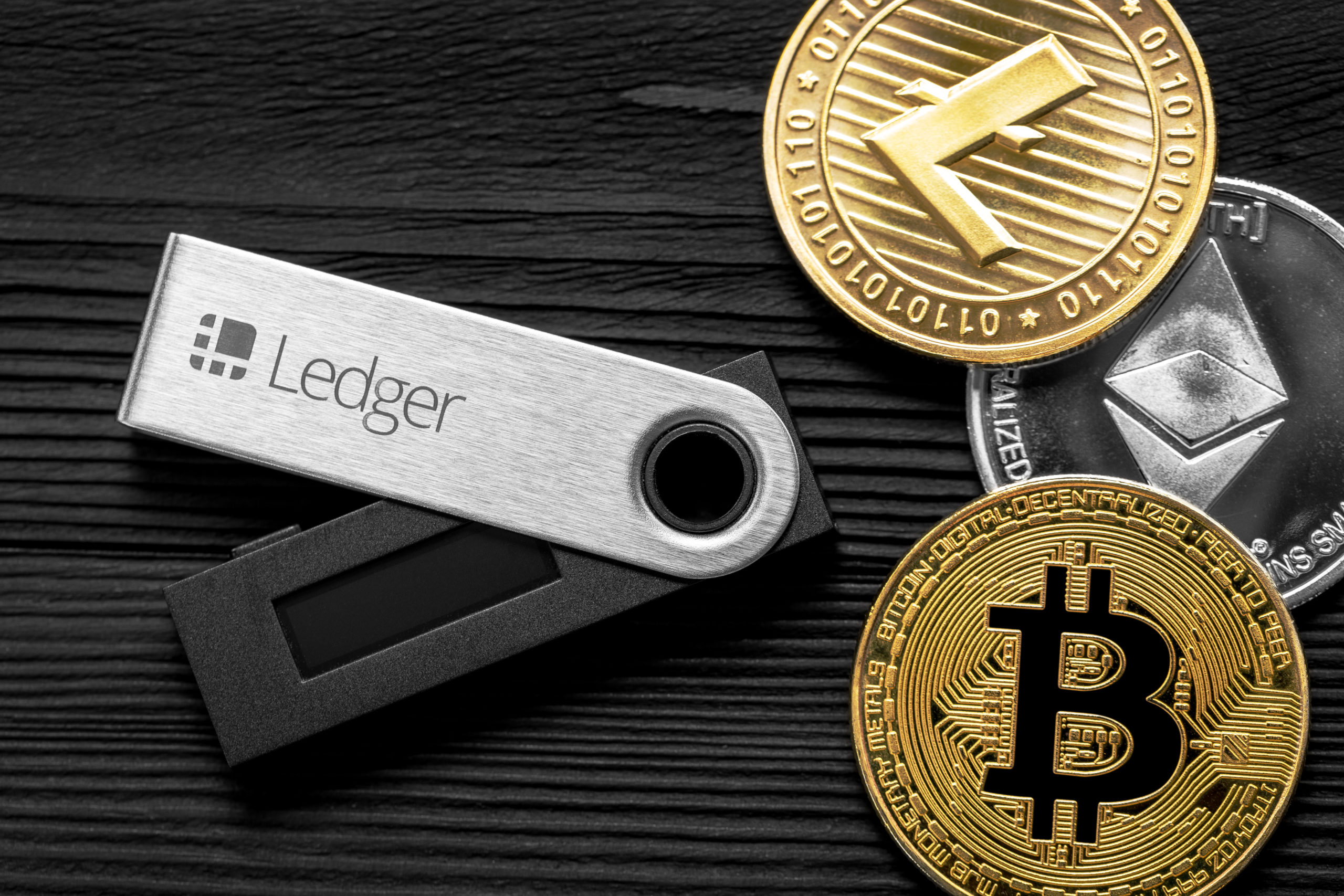
Hot Wallet vs Cold Wallet: Which One Should You Use?
Whether you’re a novice or an experienced crypto trader, an important decision you’ll need to make is where you’re going to store your cryptocurrencies.
In this guide, we’ll explain the pros and cons of hot and cold wallets to help you decide which crypto wallet is best for your needs.
A cryptocurrency wallet is like a digital bank account for your cryptocurrencies. It enables you to send, receive and store them. The wallet you choose determines how you will access your crypto portfolio and how secure it is.
Although there are several different types of wallets to choose from, from hybrid to hardware wallets, they can be broadly categorised as hot wallets and cold wallets.
Hot wallet vs cold wallet vs exchange: what’s the difference?
Before we go into detail, let’s take a look at the main differences between hot and cold wallets.
- Hot wallet: these wallets are located directly on a device that has capabilities to access the internet. For example, a desktop, laptop or mobile phone.
- Cold wallet: these wallets are non-custodial, are not directly connected to the internet and include paper and hardware wallets.
- Exchange: an exchange is a trading platform where traders exchange cryptocurrencies with each other. An exchange also has a built-in online wallet, and since it’s connected to the internet, it’s considered a hot wallet.
What is a hot wallet?
Hot wallets are the most common crypto wallets. They include:
- Desktop wallets: can be downloaded as applications to your desktop or laptop.
- Online wallets: can be accessed directly through your web browser and include cryptocurrency exchange wallets (for example xcoins.com).
- Mobile wallets: are installed on your mobile phone in the form of an app.
- Hybrid wallets: are a combination of multiple wallet types.
The defining feature of any hot wallet is that it’s connected to the Internet. When it comes to ease of set-up and access, this is an area where hot wallets often come out on top. They give you access to your crypto wherever you are, as long as you have an Internet connection, and, unlike the best cold wallets, you don’t need to worry about carrying around a physical storage device.
But this online accessibility also makes hot wallets more vulnerable to cyber-attacks and theft.
Many believe that hot wallets are safer than cold wallets, but this is not necessarily true. A lot of hot wallets are custodial, meaning that the private keys used to access your crypto are held on your behalf by the third-party website or application. If a company’s servers are compromised, your digital assets are easily accessible to hackers.
Custodial wallets are best avoided for the long-term storage of crypto, particularly in large amounts.

The popular choice among seasoned investors is to use the hot wallet for everyday use, keeping only a small proportion of their digital currencies in them for easy access, while storing the bulk of their portfolio away in a more secure cold wallet.
What is a cold wallet?
Cold wallets (also known as cold storage wallets) are strictly non-custodial wallets, meaning they’re controlled solely by their owner using private keys.
More importantly, cold wallets are not connected to the Internet, so don’t carry the same risks of potential cyber-attacks that you may face with a hot wallet.
The two main types of cold wallets are:
- Hardware wallets: a small device that you need to connect to a computer via USB or other port.
- Paper wallets: simply a piece of paper with your private and public keys printed on it.
Cold wallets are seen as the superior storage solution because they’re more secure. As they’re not connected to the internet and only you, the wallet owner, has access to the private keys, you’re less exposed to threats like cyber attacks and crypto app scams.

While some may find even the best cold wallets impractical for everyday use, they are a worthy purchase if you plan to “HODL” long term.
What to consider when choosing a wallet?
Now that you know the difference between a cold wallet vs hot wallet, let’s look at what you need to consider before you make your final decision.
- Reputation: no matter the wallet type, you should aim to get a reputable brand from an official store. This is important because second-hand hardware wallets can be rigged, and online wallets can be easily hacked.
- Security features: there’s no doubt that hardware wallets are more secure than online or mobile wallets, but if you decide on an online wallet, make sure the website is secured (HTTPS://), has 2FA access and that you use a strong password.
- Backup features: all major brands come with backup features. These are helpful if you want to store your keys away from your main machine.
- Crypto support: if you have a large portfolio, you should use a wallet that supports a lot of cryptocurrencies, instead of using multiple wallets. Usually, online wallets will have the greatest variety of crypto support.
- Lifespan: consider how long you plan on keeping the coins. If you’re looking to “HODL” for a very long time, you’re better investing in cold storage wallets. Otherwise, if you intend to trade regularly, you might want to consider desktop/laptop and mobile wallets for quick and easy access.
Cold wallet vs hot wallet: which one should I use?
Ultimately, the crypto wallet you decide to use depends on how accessible you want your cryptocurrencies to be and the level of security you’re comfortable with. Long-term crypto investors prefer non-custodial wallets which give them more control over their assets and added security. For the average investor, the right choice is entirely dependent on what you intend to do with your crypto.
When considering a cold wallet vs hot wallet, the best approach is to have both; a cold wallet for long term HODL and a hot wallet for trading and easy access. Most importantly, be sure to use a non-custodial wallet so you and only you are in control of your crypto.
Whether you choose a hot or cold one, any wallet is only secure if its owner follows good security practices. Always ensure that you take care to protect your private keys and follow our advice to make your crypto as hack-proof as possible.
To stay up to date on all things crypto, like Xcoins on Facebook, and follow us on Twitter, Instagram, and LinkedIn.

